Photo caption: University of Canterbury Education PhD student Komathi Ramiah is researching the role of social media influencers in relation to adolescents’ wellbeing.
Te Whare Wānanga o Waitaha | University of Canterbury (UC) Education PhD student Komathi Ramiah interviewed 28 young people aged between 13 and 19 in New Zealand and Malaysia for her thesis on the role of social media influencers in relation to adolescents’ wellbeing.
Ramiah’s research, which she’ll complete early next year, was inspired by observing how her three children, two of whom are in their teens, use social media. “It’s a huge part of their daily lives so that made me curious about how social media influencers could be beneficial for their wellbeing.”
While there has been a focus on the negative side of online influencers, particularly around toxic masculinity and the rise of ‘manfluencers’, Ramiah says her research has found there is also an upside.
“From my interviews I found that social media influencers can have a positive impact in terms of self-improvement, encouraging charitable giving, exposing young people to new career pathways, and providing academic motivation. However, it’s a balance and there are also some negative effects, such as social comparison and negative body image.”
She says while younger participants used social media for two to four hours a day, the older group were on social media, such as Instagram, TikTok and YouTube, for between four hours and eight or nine hours a day.
While the number of hours might seem concerning, Ramiah says it’s important to consider the quality and purpose of social media use rather than focusing solely on the time.
The results were consistent across the Malaysian and New Zealand respondents, and Ramiah says teenagers see influencers as people they can relate to because they share personal stories of their experiences, challenges and successes in a way that feels real. However, the Malaysian teenagers she interviewed tended to be more sceptical of influencers while New Zealand teenagers were more likely to feel a closer emotional connection with them.
Some of the young people interviewed had been following a particular influencer for more than 10 years. MrBeast – who is known for his extreme brand of philanthropy - was consistently mentioned as one of the most popular people to watch on YouTube along with another United States-based YouTuber, Markiplier.
Ramiah says young people need critical thinking and digital literacy skills to manage the strong pull of social media influencers. Some of the participants used timers to keep track of their social media usage, unfollowed influencers who didn’t align with their interests, and were able to manipulate the algorithm that determines the content they see. Others, who were less savvy, were not aware they could do this. The older age group showed more critical awareness of their usage of social media and were more selective of which influencers they followed, but the younger group didn’t have that same level of awareness.
From next month, the Australian government can impose fines on social media companies if they fail to prevent people under 16 having accounts on their platforms. The New Zealand Government is considering introducing similar legislation before next year’s election.
Ramiah recommends that parents show genuine interest in what their children are doing online instead of criticising who they follow.
“Parents need to be digitally aware, but the most important thing as a parent is to have open conversations with your teenager so you can get to know what they’re watching online and why, and you’re able to ask them questions, for example, why they’re interested in a certain influencer.”
Ramiah, who is supervised by UC Faculty of Education Senior Lecturers Dr Christoph Teschers and Dr Myron Friesen, will present her research project at the upcoming Hui Rangahau Graham Nuthall Research Symposium hosted by the University of Canterbury’s Faculty of Education on Wednesday. The annual event showcases UC research and supports evidence-based classroom practices.

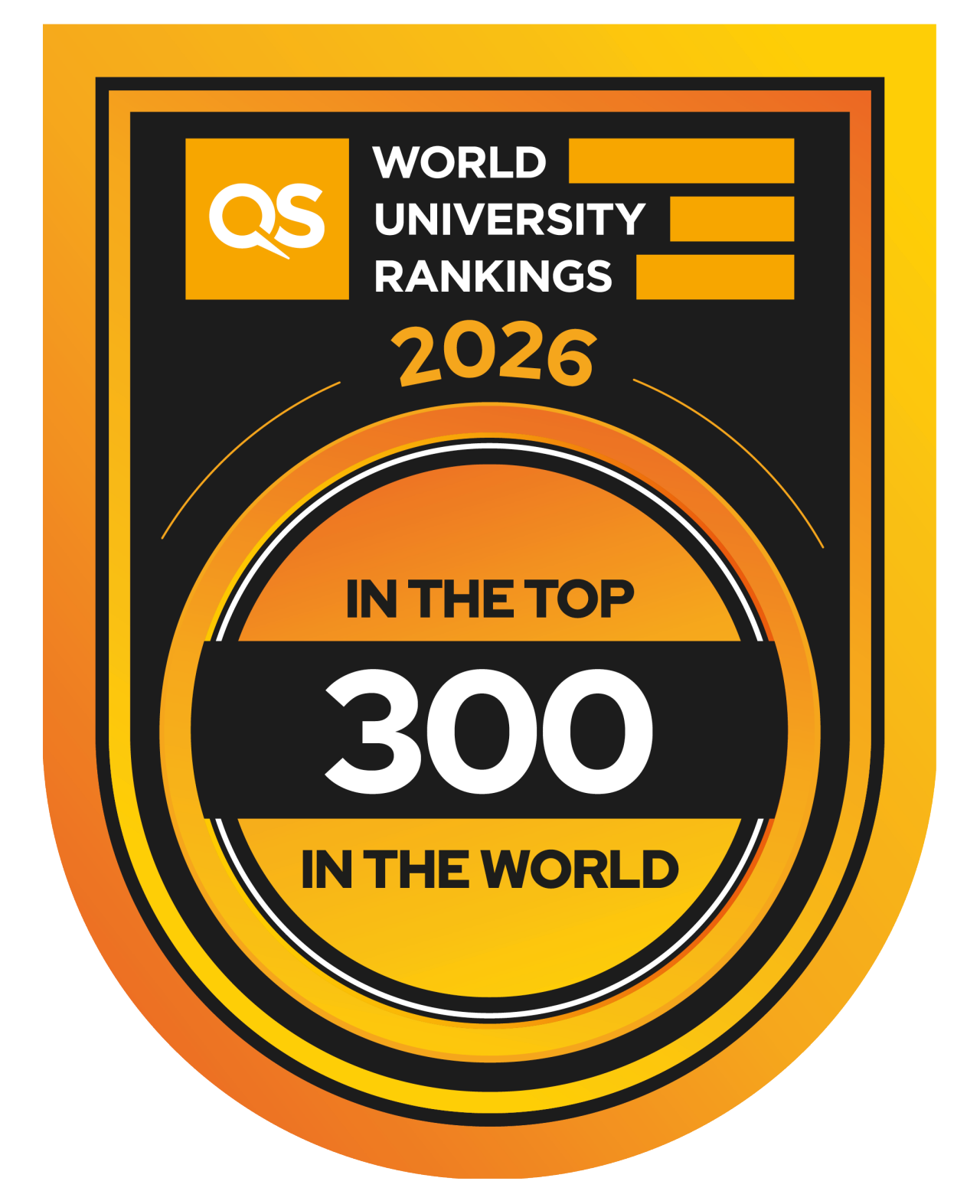



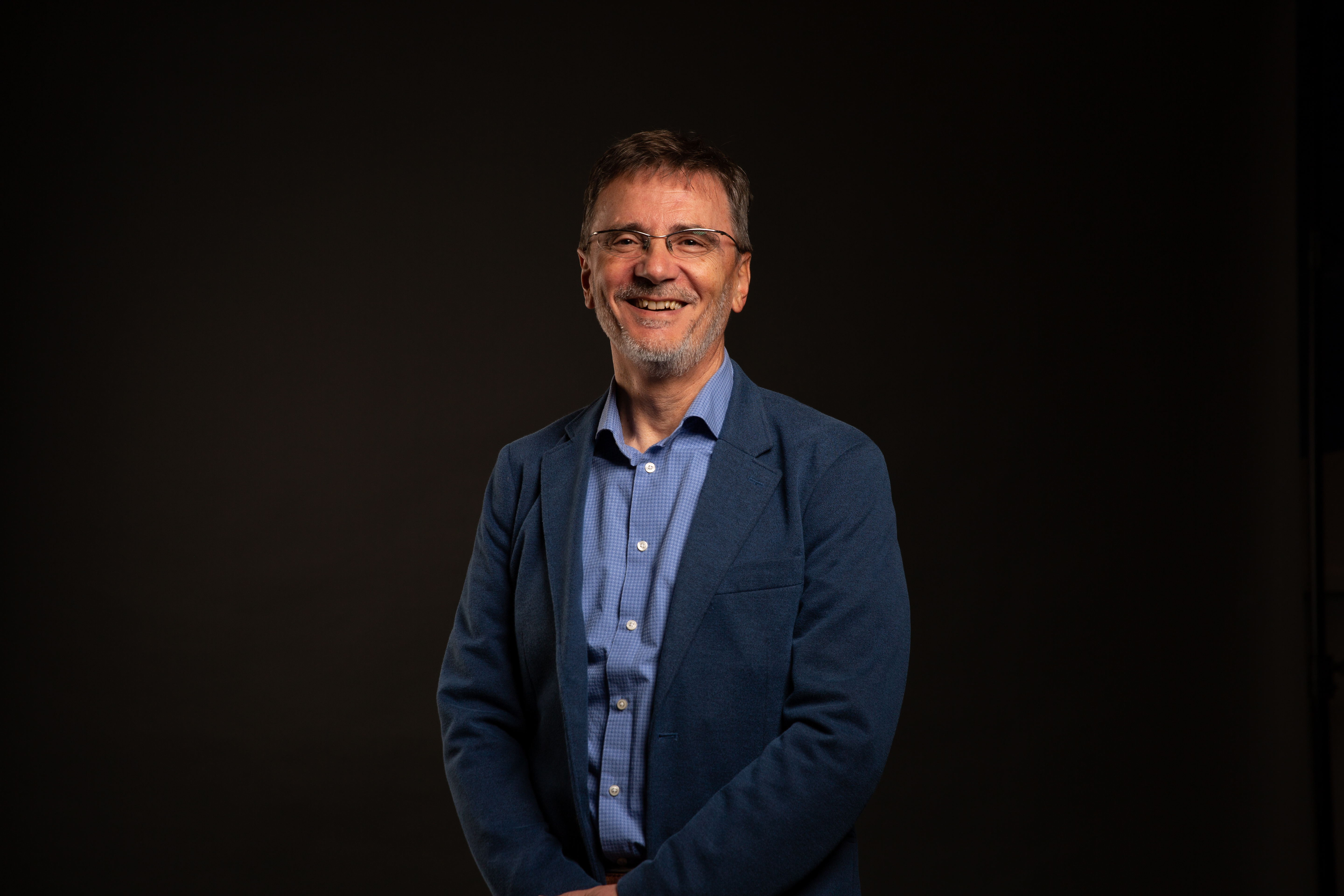
.png)
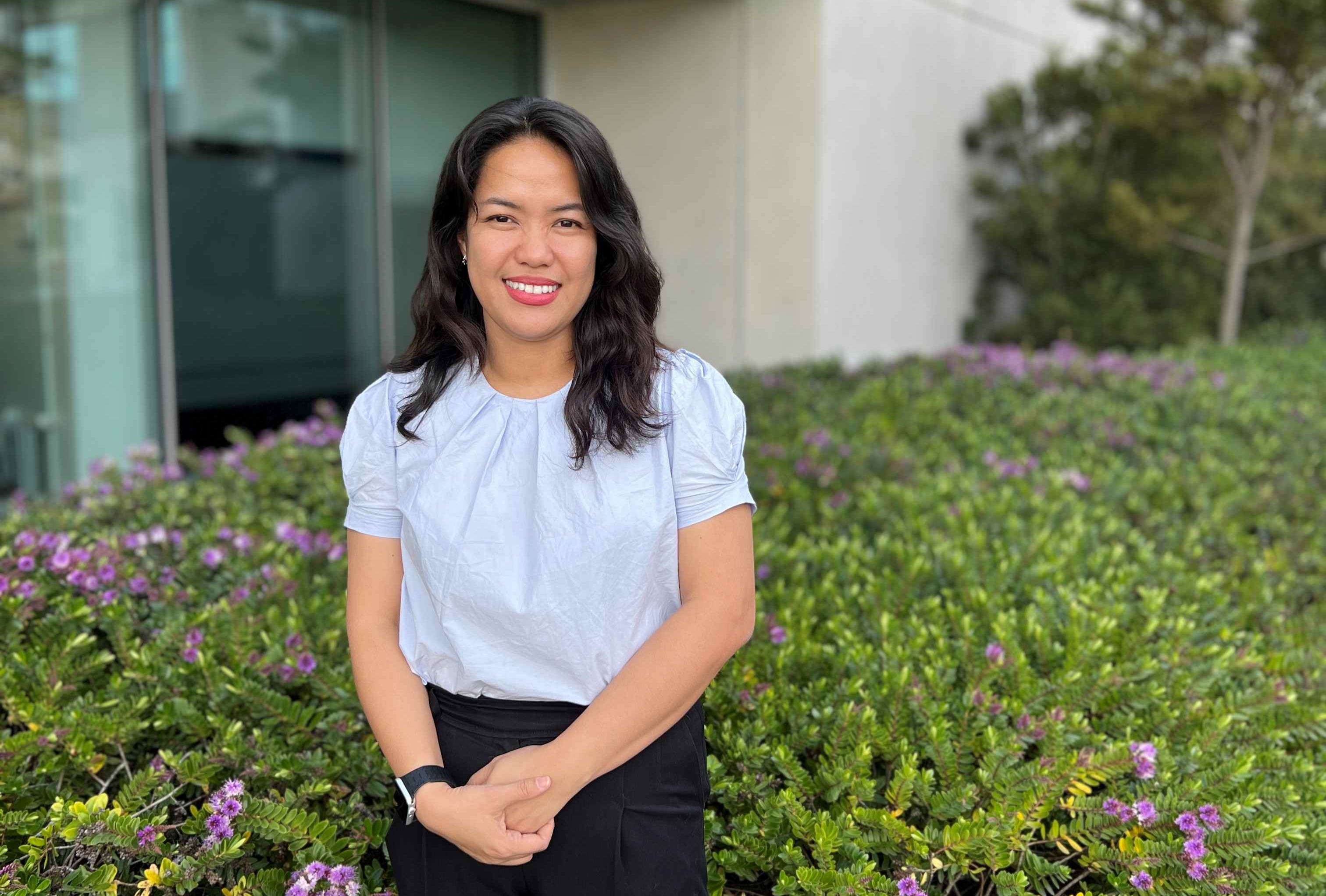
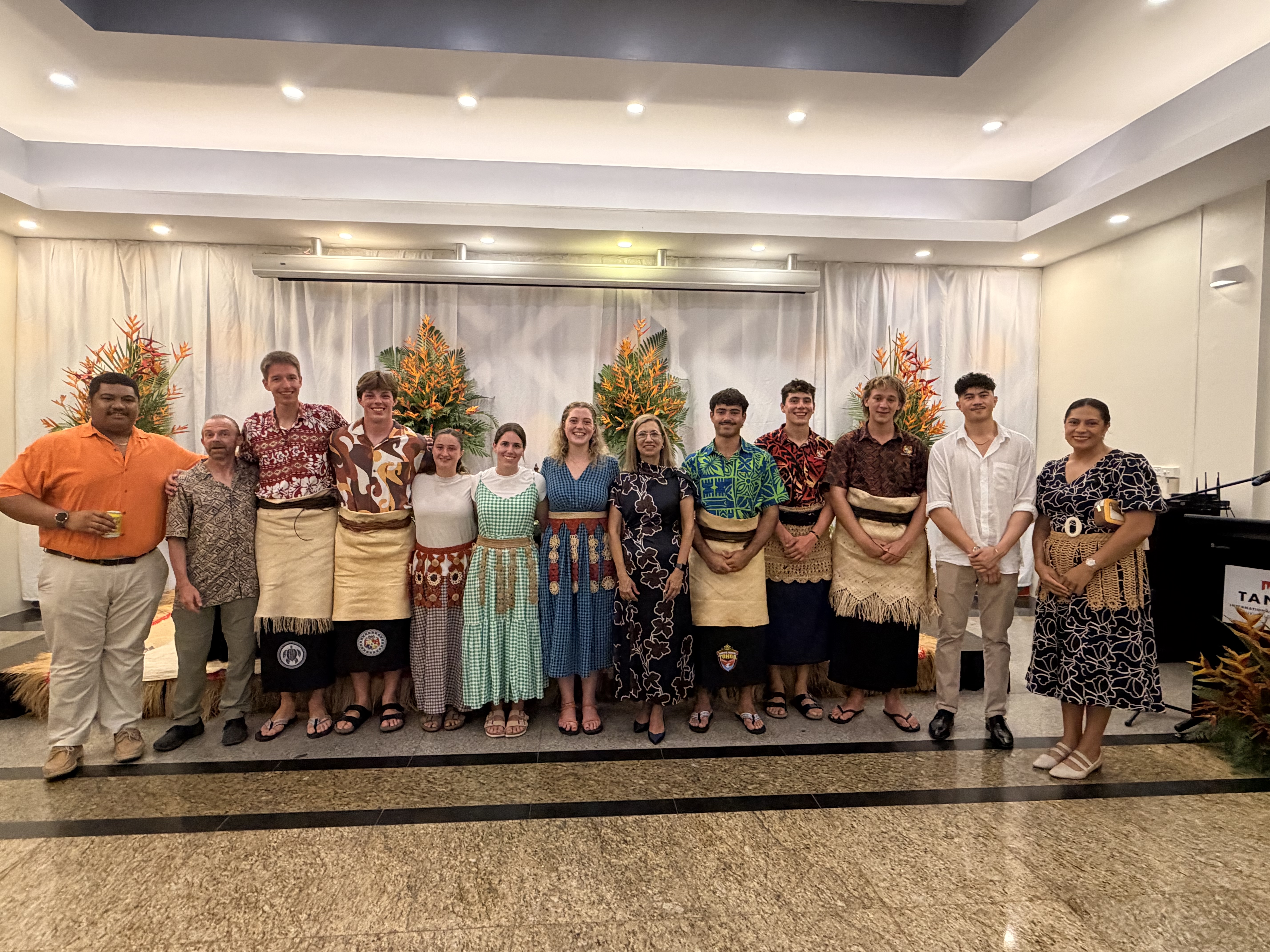
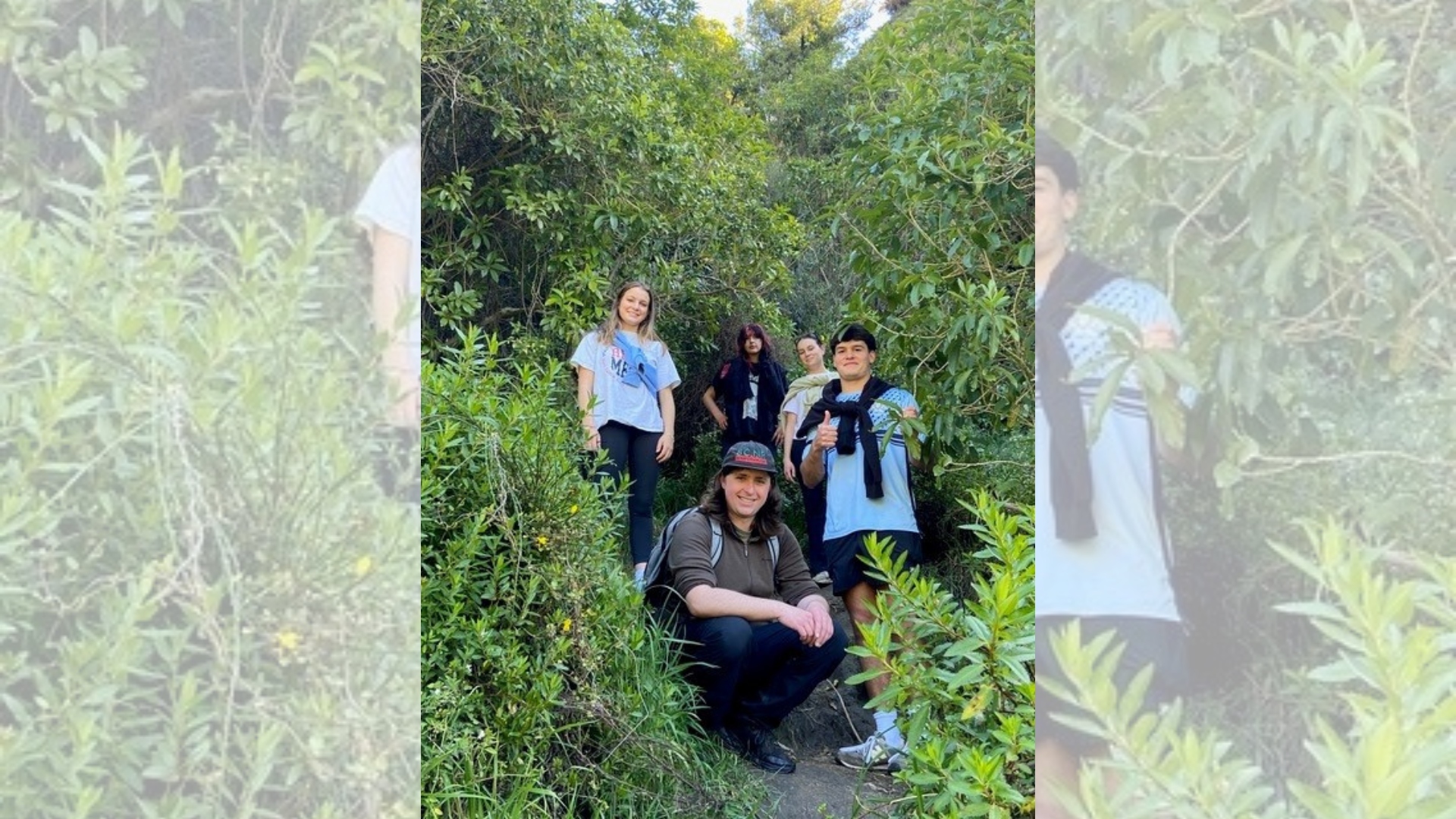
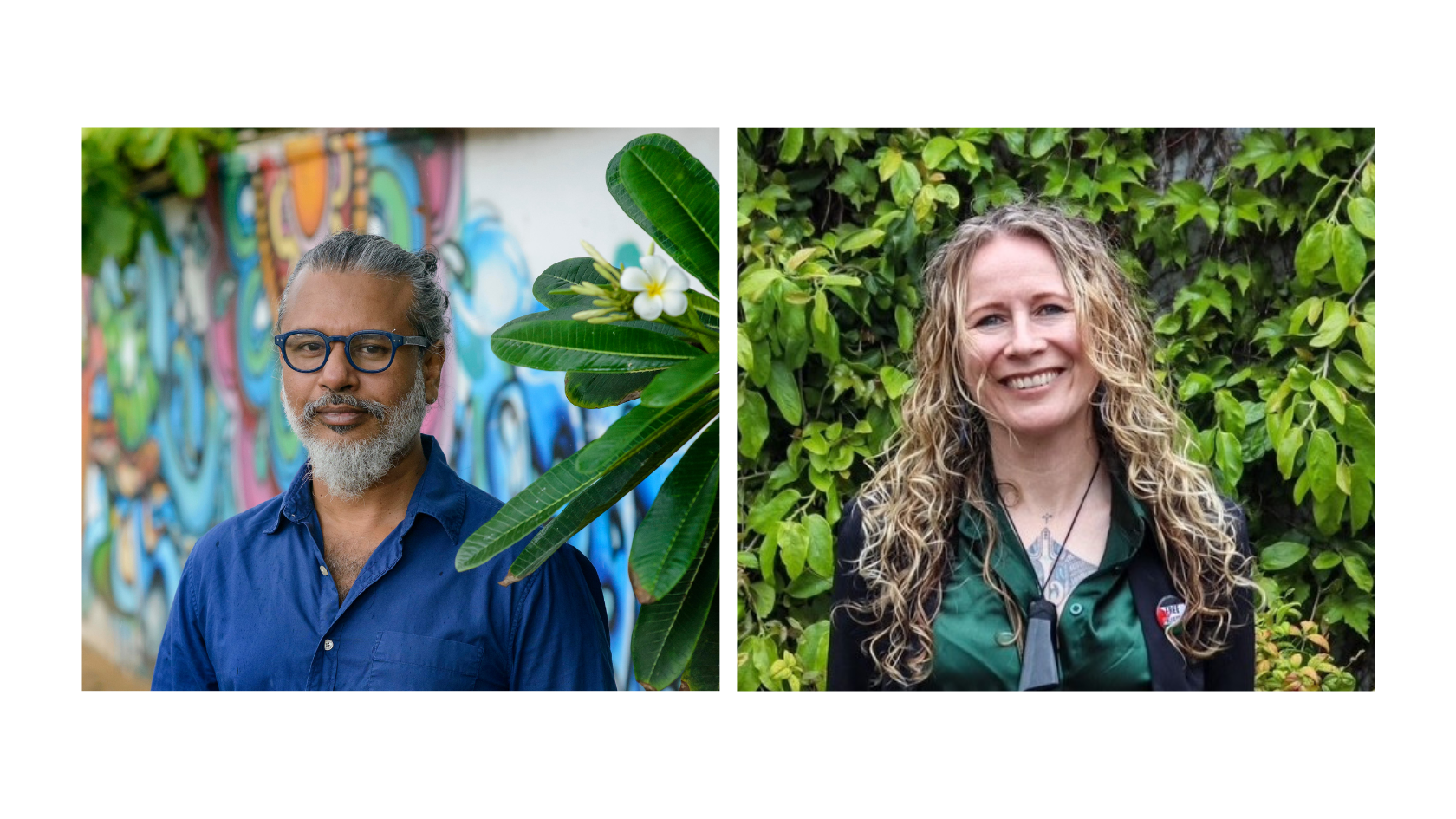
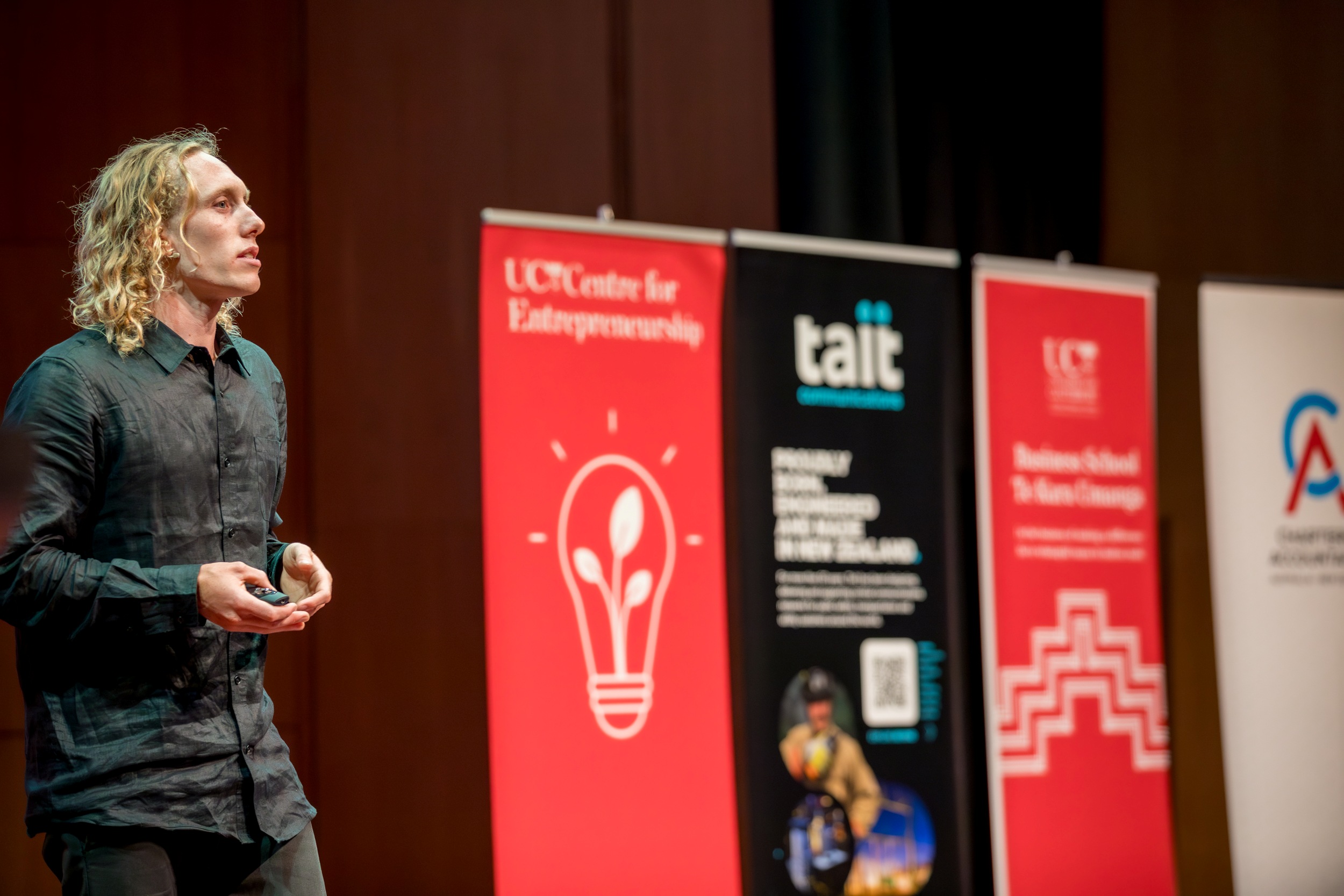
.png)